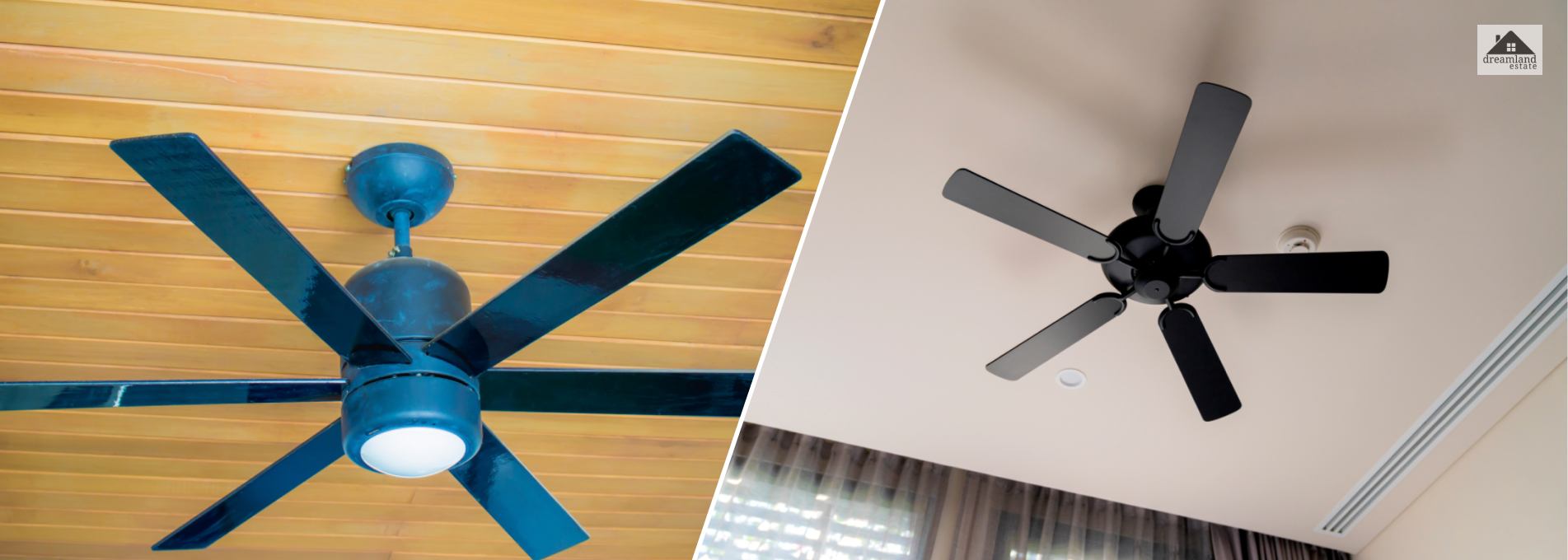Get Out! A Landlord’s Guide To Massachusetts Evictions

While sometimes you, as a landlord, would find it easy to have your property vacated by your tenant, other times, it can be challenging.
There are several MA eviction laws / process that you need to know about before you plan to evict your tenant. Evictions are usually called summary processes in Massachusetts, which are often fast and affordable, but not always. Eviction rules are comprehensive and can be complex for you to understand and use them.
If your eviction case reaches court and you are planning to represent yourself, know that there are several legal requirements you would need to meet. Therefore, having a lawyer on your side would support you much better.
Common Grounds for Evictions in Massachusetts

You are the landlord, it is your property, and you can evict it whenever you want
1. When the Tenant Doesn’t Pay the Rent – Non-Payment
One of the most common reasons to evict is non-payment of rent. If your tenant doesn’t pay the rent, you can send a 14-day notice to quit.
You must draft this notice carefully and try doing this legally. For instance, take help from your area’s police department as they can serve it to your tenant on your behalf, ensuring the notice is delivered.
If you don’t know how to write this 14-day notice to quit, it would be great if you hire an attorney with experience in the MA eviction process to increase the possibility of a win.
2. When the Landlord Wants Eviction at Will – No-Fault
You are the landlord, it is your property, and you can evict it whenever you want; however, there’s a legal procedure you need to follow even when there’s no fault of your tenant.
Yes, if you want to evict your property due to any of your personal reasons, you need to send a 30-day notice to vacate. Similarly, tenants must give a 30 Days Notice to Vacate before vacating the property if they wish to vacate.
When the tenant doesn’t quit after the first notice, you are eligible to take the help of the eviction laws in Massachusetts.
3. When the Tenant is At Fault – For Cause
A lease is signed when you provide your property to a tenant on rent. When a tenant violates the terms of the lease, you can file an eviction case to evict the tenant for the cause.
These causes can be behavioral – for instance, drug use, illegal activity, damage to property, uncleanliness, etc. You need to issue a notice to quit by clearly defining the cause (offenses made by the tenant).
There are special rules regarding eviction based on illegal activity. Therefore, it would be better to consult your lawyer regarding this before you file an eviction case.
4. Court Proceedings
You can file your case in the Housing Court or your local District Court. The former would be preferable as it is the eviction-specialized court. It is also affordable to go through the process in the Housing Court, but it usually takes more time as it is a busy court.
The case also includes summary process summons and complaints, which you might find challenging to prepare.
MA eviction laws/processes can be complicated for you, especially if you are doing it for the first time.
Hence, the best you can do is hire an eviction attorney in Massachusetts for legal paperwork and case management.
Additionals:











Leave A Reply